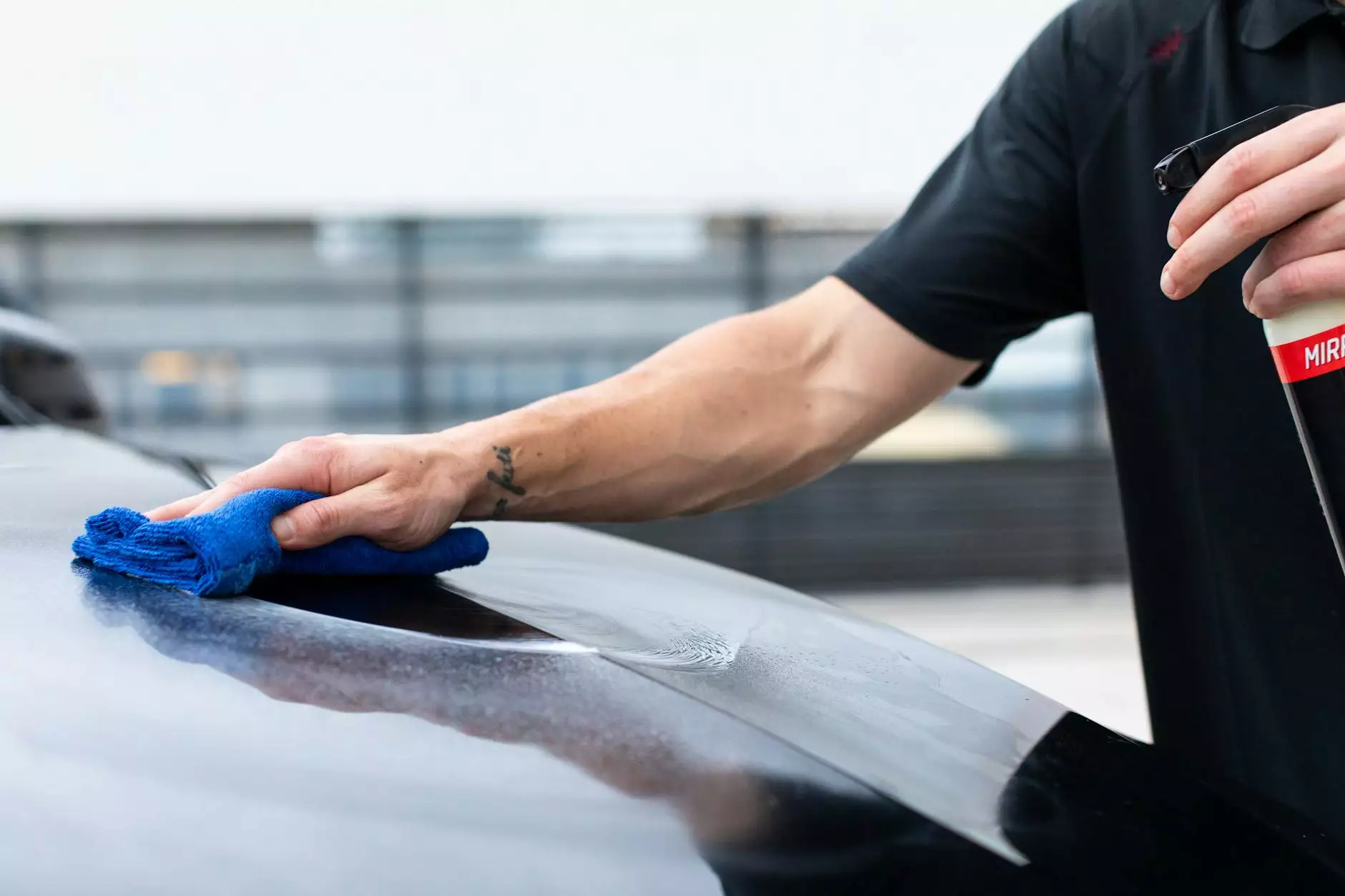Understanding Hybrid Vehicle Maintenance Costs

Maintaining a hybrid vehicle can often seem daunting, particularly when considering the potential expenses involved. However, understanding the hybrid vehicle maintenance costs can empower owners to make informed decisions and keep their vehicle in excellent condition without breaking the bank. This comprehensive guide aims to delve deep into the intricacies of hybrid vehicle maintenance, focusing specifically on costs, benefits, and best practices. Whether you're a current hybrid owner or considering the transition to this eco-friendly technology, you'll find valuable insights to help you along the way.
The Basics of Hybrid Vehicles
Hybrid vehicles combine traditional internal combustion engines with electric propulsion systems. This innovative design allows for increased fuel efficiency, reduced emissions, and an overall lower carbon footprint. However, with these advancements come unique maintenance requirements.
Common Hybrid Vehicle Technologies
Understanding the technology behind hybrid vehicles is crucial for grasping their maintenance needs. Here are common technologies found in hybrids:
- Parallel Hybrid Systems: Both the engine and the electric motor can drive the wheels independently or together.
- Series Hybrid Systems: The internal combustion engine powers a generator that recharges the battery and powers the electric motor.
- Plug-in Hybrids: These vehicles can be charged from an external power source, offering more flexibility in electric-only driving.
Key Components That Affect Maintenance Costs
The maintenance costs of hybrid vehicles can fluctuate significantly depending on various components. Here are the primary areas that influence these expenses:
1. Battery Maintenance and Replacement
The battery pack is one of the most crucial and expensive components of a hybrid vehicle. It is designed to last several years, but like all batteries, it will eventually need replacing. Factors affecting battery longevity and costs include:
- Type of Hybrid: Plug-in hybrids often have larger batteries that may cost more to replace.
- Driving Habits: Frequent long-distance driving can extend battery life, while frequent short trips may shorten it.
- Environmental Conditions: Extreme temperatures can affect battery performance and lifespan.
2. Engine Maintenance
While hybrids generally require less engine maintenance than traditional vehicles, they still need regular checks. Important aspects include:
- Oil Changes: Regular oil changes are essential, typically every 5,000 to 10,000 miles.
- Cooling Systems: Hybrid vehicles often have separate cooling systems for the engine and the battery.
- Belts and Hoses: Regular inspection of belts and hoses is crucial to ensure they remain in good condition.
3. Brake System Maintenance
One of the benefits of hybrid vehicles is regenerative braking, which extends the life of traditional brake components. However, some elements still require attention:
- Brake Pads and Rotors: These components may last longer, but should still be checked regularly.
- Brake Fluid: It's important to replace brake fluid as per the manufacturer's recommendations.
Estimated Hybrid Vehicle Maintenance Costs
Understanding the average maintenance costs associated with hybrid vehicles can help owners plan effectively. Below is an overview of expected expenses:
1. Battery Replacement
The cost of battery replacement can vary greatly, typically ranging from $1,000 to $3,500 depending on the make and model.
2. Regular Maintenance
For standard maintenance tasks such as oil changes, tire rotations, and brake inspections, owners can expect to spend around $300 to $600 annually.
3. Brake System Maintenance
With regenerative brake systems, the cost for replacing brake pads can range from $100 to $350, depending on whether the owner chooses OEM (Original Equipment Manufacturer) parts or aftermarket.
Comparing Hybrid Vehicle Costs with Traditional Vehicles
When considering hybrid vehicle maintenance costs, it's essential to compare these figures with traditional gasoline vehicles:
Cost Overview
While hybrid vehicles may have higher battery replacement costs, their overall maintenance expenditures can often be lower due to:
- Fewer Oil Changes: Due to less wear and tear on the engine.
- Increased Fuel Efficiency: Reduced fuel costs can offset maintenance expenses.
- Longevity: Hybrids tend to be well-built and may last longer than their traditional counterparts.
Tips for Reducing Hybrid Vehicle Maintenance Costs
Hybrid vehicle owners can take several steps to minimize their maintenance expenses:
1. Choose Quality Repair Shops
Selecting a reputable auto repair service is essential. In Indianapolis, ASG Indy is renowned for its proficiency in hybrid vehicles. Ensure that the shop you choose has certified technicians who understand hybrid technology.
2. Follow Manufacturer Recommendations
Always adhere to the maintenance schedule provided in your owner's manual. This can help mitigate potential issues and extend the life of key components.
3. Utilize Eco-Friendly Driving Practices
Improving driving habits can enhance fuel efficiency and reduce wear on the vehicle. Simple practices such as smooth acceleration and braking can lead to positive outcomes.
The Financial Benefits of Owning a Hybrid Vehicle
Despite the initial cost and potential maintenance expenses, owning a hybrid vehicle can provide numerous long-term financial benefits:
1. Fuel Savings
Hybrid vehicles are designed for superior fuel economy, often achieving significantly more miles per gallon compared to traditional vehicles. This translates to substantial fuel cost savings over time.
2. Tax Credits and Incentives
Many regions offer tax credits and incentives for hybrid vehicle owners, further easing the financial burden.
3. Environmental Benefits
Owning a hybrid vehicle helps reduce emissions, contributing to a healthier environment. This positive impact can facilitate community support and encouragement to transition to greener options.
Conclusion: Embracing the Future of Transportation
As more individuals transition towards eco-friendly options, the demand for hybrid vehicles continues to rise. Understanding the hybrid vehicle maintenance costs is critical for managing ownership effectively. By being proactive and knowledgeable about the components and associated expenses, owners can ensure their hybrid vehicles remain in prime condition, maximizing both their investment and their contribution to a sustainable future.
Contact ASG Indy for Your Hybrid Vehicle Needs
If you’re in Indianapolis and seeking reliable experts for your hybrid vehicle maintenance, look no further than ASG Indy. Our team of certified professionals is dedicated to providing top-notch service tailored to the unique requirements of hybrid vehicles. Reach out to us today to schedule an appointment and experience the best in hybrid maintenance!



